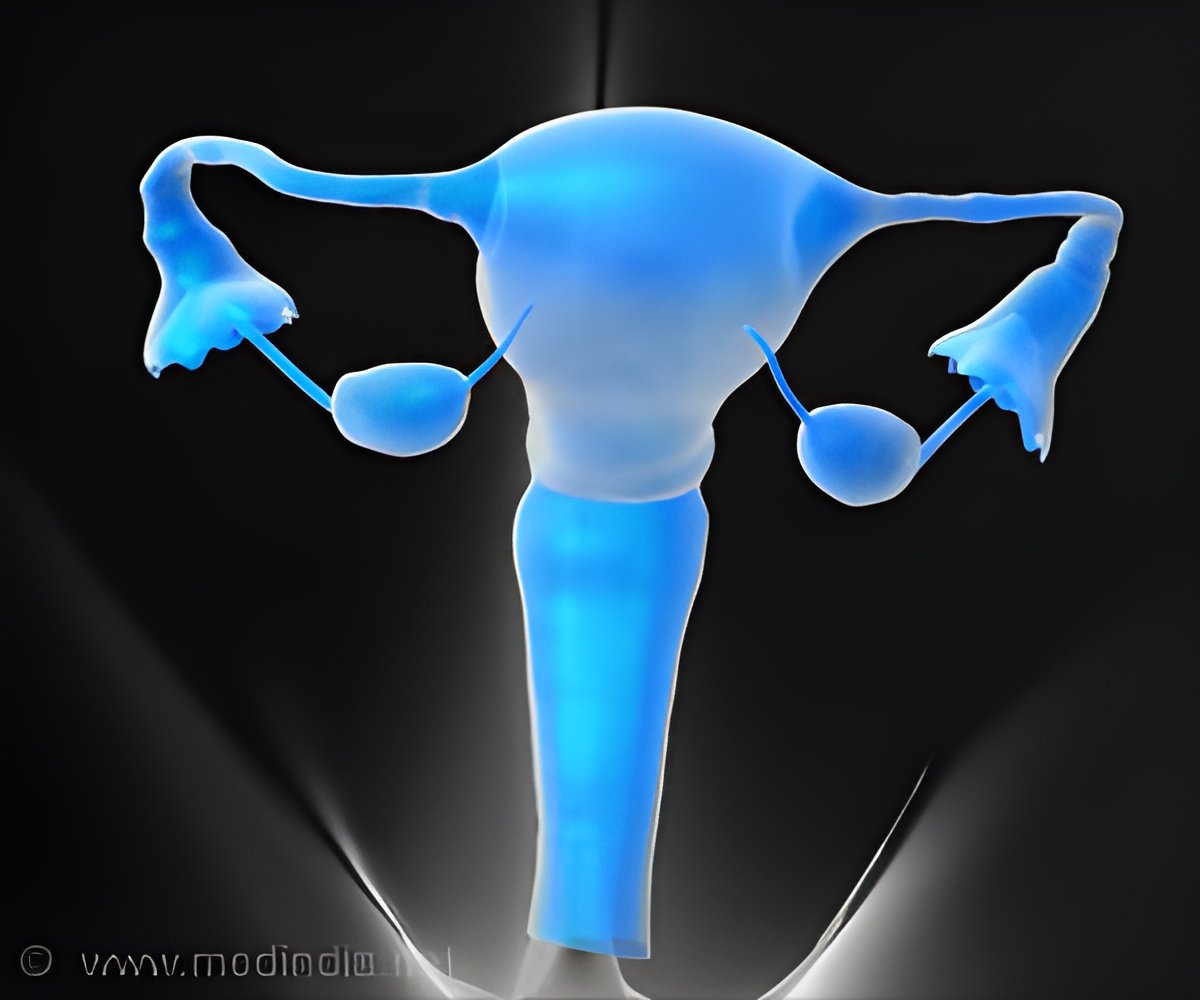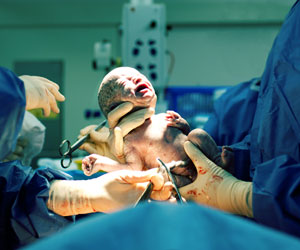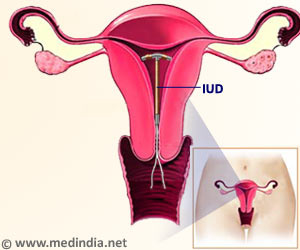A 17-year-old woman born without a uterus welcomed her first boy baby from a uterus transplant outside a clinical trial at the University of Alabama at Birmingham Hospital.

What is Mayer-Rokitansky-Küster-Hauser Syndrome?
Mayer-Rokitansky-Küster-Hauser syndrome is a birth defect characterized by the failure of the uterus and the vagina to develop properly in women who have normal ovarian function and external genitalia. Due to an underdeveloped or absent uterus, people with this condition cannot get pregnant and therefore have Uterine Factor Infertility (UFI) (1✔ ✔Trusted SourceNicotine Replacement Therapy during Pregnancy and Child Health Outcomes: A Systematic Review
Go to source). In the past, many surgical and laparoscopic methods have been used to restore the vagina by creating a neovagina. However, these treatment methods have no real reproductive benefits and exhibited high failure rates and miscarriage.
‘Uterus transplant is an option for women born without a uterus to build a family considering the safety and efficacy of this treatment.#UterusTransplant #Infertility #Pregnancy’





Since 2011, women diagnosed with MRKH syndrome who underwent uterus transplants not only managed to retain the transplanted organ but also became pregnant and gave birth to healthy children. In total, 42 women worldwide have received transplanted wombs and 11 babies have been born as a result until May 2017.In this women’s case, Mallory and her husband had a daughter via Mallory's sister as a surrogate. When they wanted another child, the couple did not want to risk the sister's health, so they began looking into a uterus transplant as an option.
Miracle Baby: First-Time Mother Gives Birth After Uterus Transplant
Mallory was able to get the uterus from a deceased donor, according to the hospital. They moved as a family to Birmingham, Alabama, for the start of an 18-month process from transplant, to embryo implantation to birth. The process took two to five years for many patients.An embryo is generated through in vitro fertilization before the transplant surgery. The mom-to-be is given immunosuppressive medications after the transplant and throughout the pregnancy to prevent complications. Several months after the transplant, doctors placed one of the recipient's embryos directly into the uterus. The baby is delivered via a planned cesarean section.
If the parents wanted another child, the uterus is left in place and the mother continues taking immunosuppressive drugs. Once the transplanted uterus is removed, immunosuppressive medications are stopped after childbirth.
The first uterus transplant happened in the United States in 2016, but it failed and the organ had to be removed. The following year, a woman in Texas who had been born without a uterus became the first to give birth to a baby in the U.S. after a uterus transplant (2✔ ✔Trusted Source
Mayer-Rokitansky-Küster-Hauser (MRKH) syndrome: a comprehensive update
Go to source).
Advertisement
References:
- Nicotine Replacement Therapy during Pregnancy and Child Health Outcomes: A Systematic Review - (https://www.medindia.net/news/e-cigarettes-are-better-for-smoking-cessation-in-pregnant-women-212932-1.htm)
- Mayer-Rokitansky-Küster-Hauser (MRKH) syndrome: a comprehensive update - (https://ojrd.biomedcentral.com/articles/10.1186/s13023-020-01491-9)













